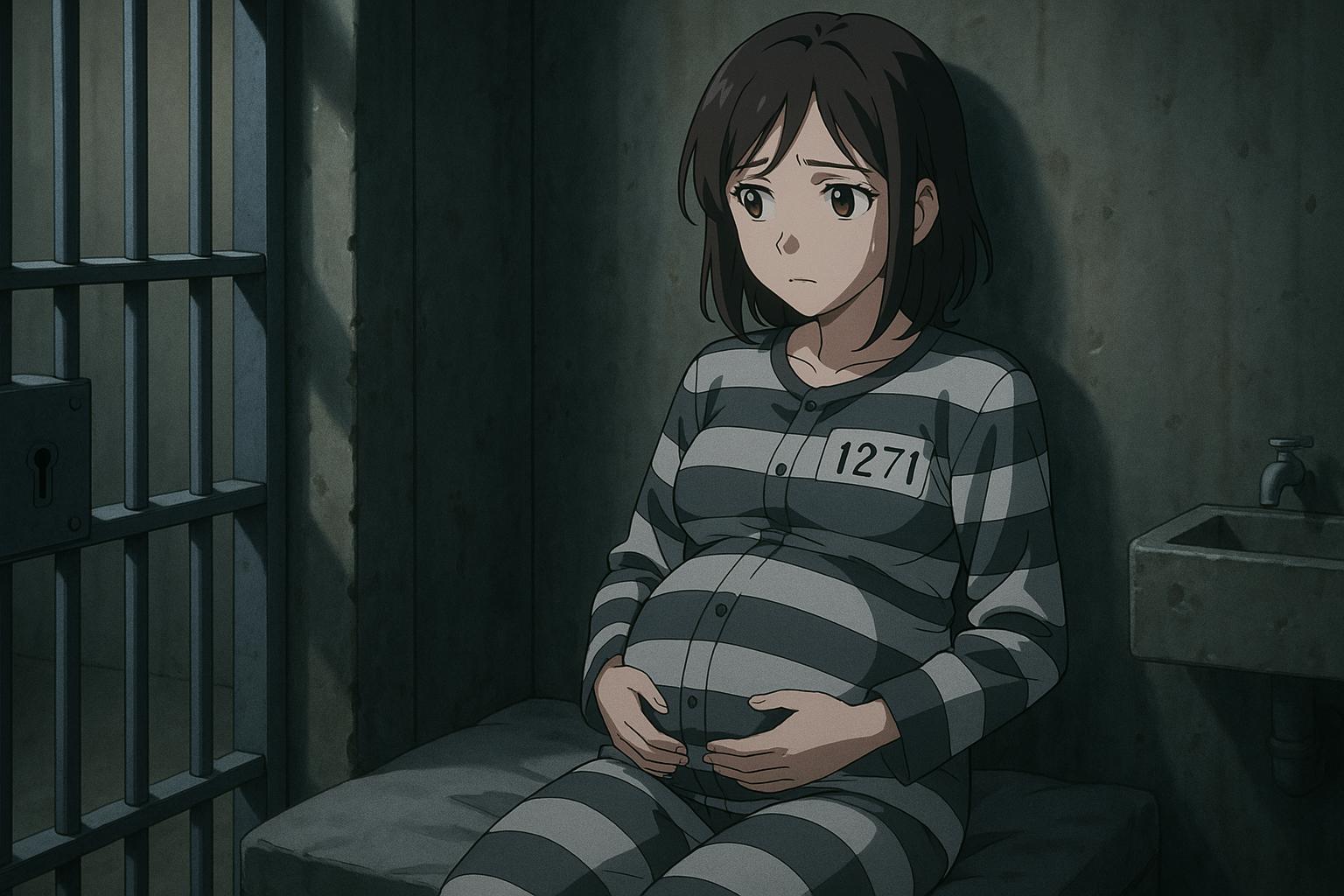A British teenager, Bella May Culley, is currently imprisoned in Georgia, facing severe accusations of smuggling 14 kilograms of cannabis into the country. The 18-year-old from Billingham, County Durham, has recently disclosed alarming conditions regarding her healthcare while pregnant, raising concerns about the treatment of incarcerated pregnant women in the region. Culley reportedly informed her lawyer, Mariam Kublashvili, that she has not received the necessary medical care and examinations since her arrest, which took place at Tbilisi airport on May 10.
Kublashvili expressed deep concern regarding Culley's situation, revealing that she had requested medical care but found significant barriers to communication with local healthcare providers. The lawyer noted that “no tests, checks or medical examinations have been done” since Culley entered custody. This lack of medical attention is particularly troubling given the complexities associated with pregnancy and the need for routine prenatal care. The British Foreign Office has confirmed their support for Culley’s family as they navigate this distressing ordeal, with her father, Niel Culley, flying to Georgia in search of answers about his daughter's predicament.
The broader implications of Culley’s case reflect a concerning trend in the treatment of pregnant women in prisons. Investigations into the policies surrounding prenatal care in jail settings suggest a lack of uniformity and regulation. For instance, an investigation by the Atlanta Journal-Constitution revealed that only half of the county jails in the Atlanta area have proper guidelines on the use of restraints for pregnant inmates. Moreover, less than half provide specific protocols for prenatal healthcare, leading to a situation where expectant mothers often receive inadequate medical attention.
Further highlighting this issue, KFF Health News emphasised the potential health risks that incarcerated women face, noting delays in prenatal care that can lead to serious complications. Advocates for pregnant inmates argue that existing laws designed to protect these women lack enforcement and oversight, contributing to the neglect of their health needs. Despite the introduction of the Georgia Dignity Act in 2020, which prohibits the shackling of pregnant women during labour and ensures necessary medical care, advocates assert that much remains to be done to improve the conditions for this vulnerable population.
In Georgia's county jails, the variability in medical care is stark; while some facilities have made strides toward offering adequate services, others fail to meet even basic standards. According to reports, this inconsistency poses significant health risks not only to mothers but also threatens the wellbeing of their children. The lack of transparency in how these facilities manage health services complicates efforts to track and improve care for pregnant inmates.
Culley’s case has not only drawn attention to the immediate concerns faced by one individual but also highlights systemic issues affecting pregnant women behind bars. As societal attitudes towards drug-related offences evolve, there is an increasing need to reassess the treatment of individuals caught in the nexus of criminal law and reproductive rights. Advocates are calling for comprehensive reforms to ensure that the healthcare needs of pregnant inmates are met adequately and humanely, thereby ensuring the safety and dignity of both mother and child.
In summary, Bella May Culley's situation serves as a poignant reminder of the challenges facing pregnant women in prison. As her family seeks to secure her wellbeing, her ordeal underscores the urgent need for comprehensive policy reviews and reforms aimed at protecting the rights of vulnerable populations within the correctional system.
Reference Map
- Paragraph 1: [1], [2]
- Paragraph 2: [1], [2]
- Paragraph 3: [3], [4], [5], [6]
- Paragraph 4: [3], [4], [6]
- Paragraph 5: [5], [6], [7]
- Paragraph 6: [1], [2]
Source: Noah Wire Services
